So Cute
So cute
Nii-san ~
Leo: Konnichiwa Méla-chan.
Méla: Ah ! Konnichiwa Leonardo ~

Leo: … You know, you don’t have to call me that.
Méla: What ?
Leo: I noticed I’m the only turtle you don’t call by his nickname. Raph Mikey and Donnie are okay. You even gave them personal nicknames. But not me.

Méla: …
Leo: Is there a reason ?
Méla: U-uhm… Maybe because I respect you more ? I’m sorry, I never noticed before today…

Leo: Don’t worry. I know I look strict and intimidating sometimes since I’m the leader, but you and I are friends, you don’t have to be that respectful with me.
Méla: … *Shyly nods her head* Hai.
Leo: *Smiles* How about you try it now ?
Méla: … Okay…

[Nii-san = big brother]

Leo: !!!
Méla:… Leo ? Daijoubu?
Leo: Y-yes I’m fine. (Kawaii.)
-
Fanarts by @kawaiibunga
More Posts from Bmntgirl and Others










Think he’s sweated enough?
To all of you who selfship:
YOU ARE FREAKIN’ VALID
May you do it ‘cause it makes you feel good or brings a smile to your face, may you be in an actual relationship or not - what matters most is that it brings a little happiness in your life. 💕 🐢 💕
Reblog if you’re a female TMNT fan
Painted Shell (Mikey x Reader)
My insomnia kept me up last night, so I took the opportunity to think about new short stories. And, heck, I rarely write for Mikey. WHAT A SHAME. Here’s something cute~ Sorry it’s short.
Reader is gender neutral :)

Keep reading
This is such great advice and beatifully written. Thank you.
The 1 Element Your Flawed Character MUST HAVE
If you’re a reader, you’ve probably experienced this before: you pick up a book, it seems pretty interesting, you nonchalantly decide to read it – “whatever, might be good” – and then …
A paperback explodes life as you know it.

Encountering a book like this can give life sudden clarity, it can change the way you look at the world, it can help you overcome something and grow, it can give you new purpose, it can inspire you to change your life, it can transform your future. By the time you’ve finished that book, it has become a part of your life – and will probably remain that way forever. (*Holds up my battered copy of Narnia as evidence*)
This magical experience is pretty much the ultimate goal for a reader. But if you’re a reader AND a writer, the fulfilling moment is inevitably marred by one depressing thought:
“I’ll never write anything that good.”

To which I say:

I beg to differ, little discouraging voice. With dedication and persistence, anyone can write a story that will be deeply meaningful to a reader.
The trick? It needs to be deeply meaningful to the writer first.
If a writer is going to give a reader a life-altering piece of knowledge, that means the writer already has that knowledge to give. We have all experienced things worthy of a story. We are all characters, journeying through arc after arc, becoming better or worse. From living these stories, we learn and see things more clearly, just as protagonists do. Which means we have something to say, something to write about, something to give.
But to do so, we have to shoot for art.

The word art seems terribly vague, unattainable, and intimidating. But I don’t think it has to be. By “art” I’m going by the definitions given in two of my favorites quotes about writing (writing is art, so these apply):
“Art is born when the temporary touches the eternal.” – G K Chesterton
and
“…It is an art. It is the best of all possible art, a finite picture of the infinite.” – N D Wilson
Both quotes state the same thing, in different ways. Art is about depicting and communicating something true, something universal, something everlasting about life and humanity, through something tangibly created. A definition which sounds an awful lot like the definition of metaphor: “a thing regarded as representative or symbolic of something else, especially something abstract.” Which sounds a lot like storytelling, because story IS metaphor. It’s life, condensed and magnified, all of its components there for a specific reason – to represent and convey some deeper meaning. So storytelling is naturally suited to being art. Which is good news for writers.
But it can also mean trouble. Storytelling is proven to be one of the most powerful teaching methods there is; a story actually has the power to get into someone’s head and heart and change everything, because to a reader’s mind the events on the page are actually happening. They’re living another life, a life that seeks to prove whatever the author wants to say. So writers have a responsibility to make sure the meaning of their story is true, morally and logically.
BUT HOW DOES THIS ALL RELATE TO THE MAIN CHARACTER?!

Your main character is flawed, both in ways that only hurt themselves, and in ways that hurt others. These flaws are causing them to ruin their own lives. If they don’t awaken to this unwelcome truth about themselves, they will be lost. What happens to them over the course of the story, as they go after their singular goal, is going to apply pressure to these flaws until someone new – and most of the time, better – is made. The journey will teach them something, and that knowledge will enable them to overcome their weaknesses and forge a better life.
And I bet you can guess what that story will teach them. That thing that is deeply meaningful for you, so meaningful you want to share it with readers? Yup, that’s what your main character is going to learn.
It’s going to be the SOLUTION to their inner problems. When it comes to characters, the meaning can be wrestled into three parts, adding up into one concise sentence.
1) To achieve *a better state of being*
2) One must *moral and mental requirement*
3) Or else *the inner stakes*
To see how this works, let’s look at a fairy tale, the most straightforward example of this concept:
Let’s see Cinderella (the live-action 2015 version).

The meaning of the movie is summed up in this scene, and the story seeks to prove it throughout:

“Have courage and be kind… It has power, more than you know. And magic.”
The story revolves around this notion, and everything seeks to represent it and prove it, in true Fairy Tale fashion.
So in one line, that Ella’s arc proves: To achieve victory over abusers, one must hold onto their courage, kindness, and goodness no matter what – or else succumb and turn into someone like them.
Exemplified in her last words to her stepmother, that truly defeat her forevermore:

So! Constructing these sentences can help give our flawed characters a destination to motor towards. Which makes writing their arcs much easier. And maybe we can construct a character arc and story that will become one of those magical reading experiences for a reader. And then, maybe one day, we’ll get letters from our reader, telling us exactly what our stories gave them and how it has saved their life in some small way (or maybe not so small way.)
If finding a book like this is ultimate goal of a reader, I think getting a letter like that is the ultimate goal for a writer.
Well, there’s my motivation. Time to go figure out what the heck I want my book to say.

I accidentally drew their shells too...lol
The construction of their clothes is strange...
This is so cute! I love these characters!
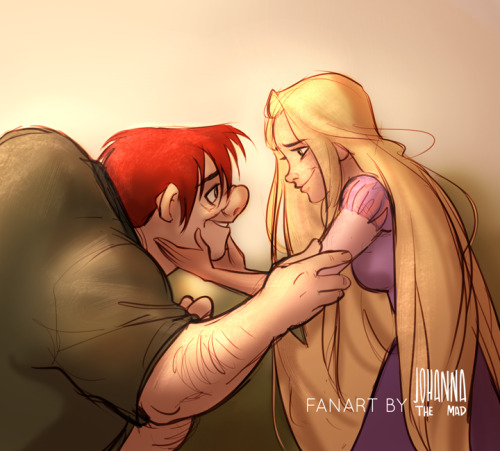
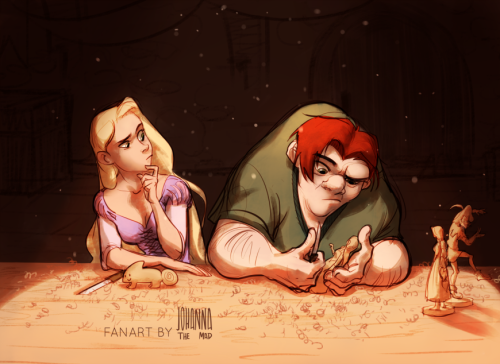
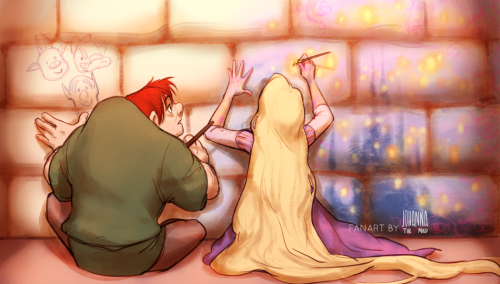
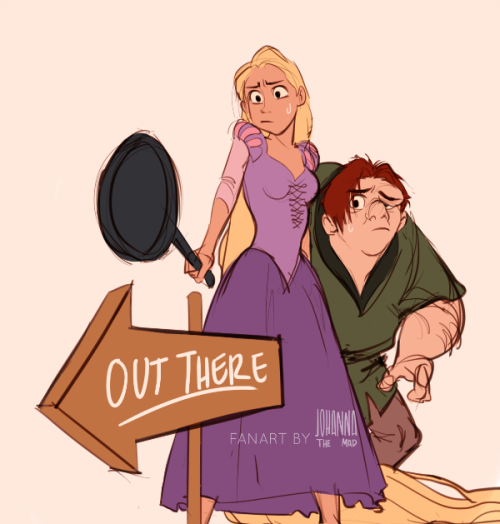
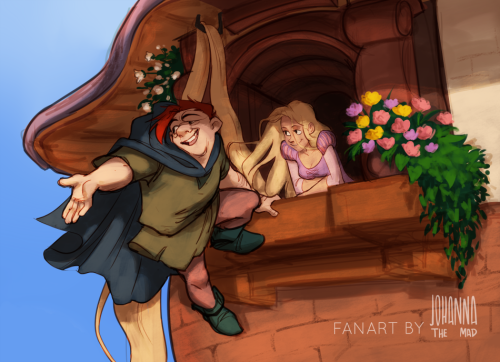
Captive children found each other
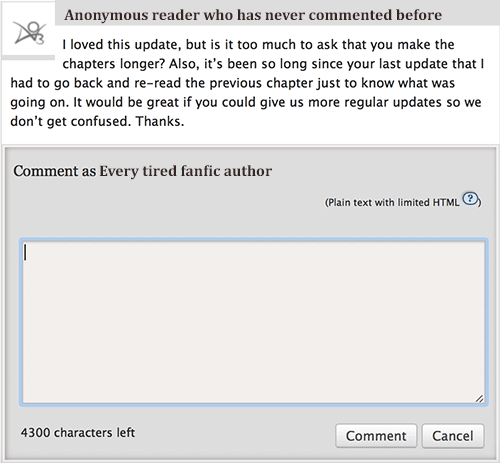
Writing is a process that often undergoes heavy edits… that includes responding to feedback.
-
 vintxxqe liked this · 11 months ago
vintxxqe liked this · 11 months ago -
 renata03sworld liked this · 1 year ago
renata03sworld liked this · 1 year ago -
 lazytyphooncollector liked this · 2 years ago
lazytyphooncollector liked this · 2 years ago -
 tomatodragonskull liked this · 2 years ago
tomatodragonskull liked this · 2 years ago -
 akesdraws-blog liked this · 2 years ago
akesdraws-blog liked this · 2 years ago -
 glampire-rockstar liked this · 2 years ago
glampire-rockstar liked this · 2 years ago -
 stickyanimalsbabyanimalsgoth liked this · 2 years ago
stickyanimalsbabyanimalsgoth liked this · 2 years ago -
 angelic-goddess-of-a-diamond liked this · 3 years ago
angelic-goddess-of-a-diamond liked this · 3 years ago -
 belldona-blog liked this · 3 years ago
belldona-blog liked this · 3 years ago -
 heralandsblog liked this · 3 years ago
heralandsblog liked this · 3 years ago -
 go-shameless-weeb reblogged this · 3 years ago
go-shameless-weeb reblogged this · 3 years ago -
 go-shameless-weeb liked this · 3 years ago
go-shameless-weeb liked this · 3 years ago -
 mystics-tmnt-blog reblogged this · 3 years ago
mystics-tmnt-blog reblogged this · 3 years ago -
 mystics-tmnt-blog liked this · 3 years ago
mystics-tmnt-blog liked this · 3 years ago -
 queenkyani liked this · 3 years ago
queenkyani liked this · 3 years ago -
 creepylittlemarvelgirl liked this · 3 years ago
creepylittlemarvelgirl liked this · 3 years ago -
 renji-yuri liked this · 3 years ago
renji-yuri liked this · 3 years ago -
 bay-did-nothing-wrong liked this · 3 years ago
bay-did-nothing-wrong liked this · 3 years ago -
 thelostandforgottenangel reblogged this · 3 years ago
thelostandforgottenangel reblogged this · 3 years ago -
 artsolarsash liked this · 4 years ago
artsolarsash liked this · 4 years ago -
 dai-su-kiss reblogged this · 4 years ago
dai-su-kiss reblogged this · 4 years ago -
 catr4dora reblogged this · 4 years ago
catr4dora reblogged this · 4 years ago -
 catr4dora liked this · 4 years ago
catr4dora liked this · 4 years ago -
 fantasticcomicsartkid liked this · 4 years ago
fantasticcomicsartkid liked this · 4 years ago -
 scrumptiouskittyfart reblogged this · 4 years ago
scrumptiouskittyfart reblogged this · 4 years ago -
 scrumptiouskittyfart liked this · 4 years ago
scrumptiouskittyfart liked this · 4 years ago -
 ladyfluffbutt liked this · 4 years ago
ladyfluffbutt liked this · 4 years ago -
 littlefairysoophie liked this · 4 years ago
littlefairysoophie liked this · 4 years ago -
 bazrak liked this · 4 years ago
bazrak liked this · 4 years ago -
 champila liked this · 4 years ago
champila liked this · 4 years ago -
 pandagracie28 liked this · 4 years ago
pandagracie28 liked this · 4 years ago -
 shojimezo15 liked this · 4 years ago
shojimezo15 liked this · 4 years ago -
 xbunnymundx liked this · 4 years ago
xbunnymundx liked this · 4 years ago -
 to-scared-to-ask-for-water liked this · 4 years ago
to-scared-to-ask-for-water liked this · 4 years ago -
 non-binary-disastrous-mess liked this · 4 years ago
non-binary-disastrous-mess liked this · 4 years ago -
 all-that-tmnt-jazz liked this · 4 years ago
all-that-tmnt-jazz liked this · 4 years ago -
 njanay21 liked this · 4 years ago
njanay21 liked this · 4 years ago -
 wukong-s-only-wife5000 liked this · 4 years ago
wukong-s-only-wife5000 liked this · 4 years ago




